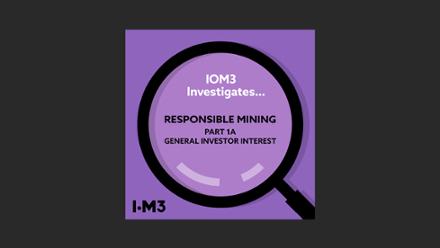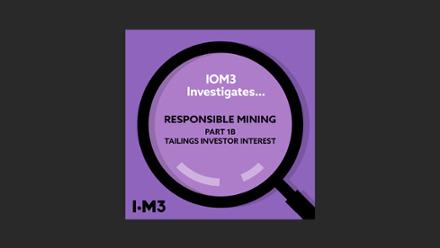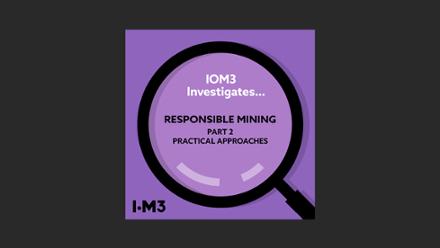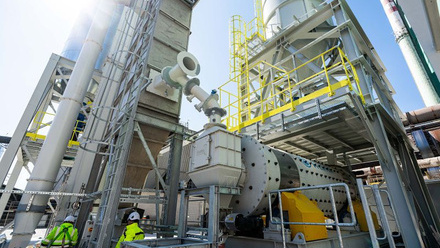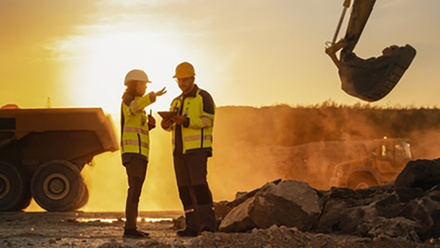Global Commission launched to raise mining sustainability standards by 2030
The Global Investor Commission on Mining 2030 has today been launched to address the systemic risks faced by the mining sector in safely and responsibly providing the minerals needed for a low-carbon economy.

It will tackle gaps in global best practice standards across areas such as: artisanal mining, child labour, the impact of automation and the future workforce, indigenous community and First Nations rights, impacts on biodiversity, climate change, tailings dams, conflict reconciliation, and corruption.
Recognising the central role the mining industry must play in the transition to a low-carbon economy and the vulnerability of supply chains to mineral demand, the Commission will carefully consider the Standards, practical steps and investment needed to secure mining’s future.
The Brumadinho disaster in Brazil (four years’ ago) has led to this Commission, which will build on lessons of the investor-led process following the disaster.
The Commission is backed by the Archbishop of Canterbury, Justin Welby, and the Archbishop of Cape Town, Dr Thabo Makgoba, as well as global investor network the Principles for Responsible Investment (PRI) and advised by the United Nations Environment Programme (UNEP).
Adam Matthews, Chair of the Global Investor Commission on Mining 2030 and Chief Responsible Investment Officer of the Church of England Pensions Board, adds, 'To achieve net-zero requires an expansion of mining. And yet, the industry will not be able to expand without managing inherent systemic risks... These are sector-wide issues that require systemic responses if mining is to secure the trust of society to catalyse the flow of capital required for its expansion.
'Working practically, transparently and in partnership with industry and other stakeholders, the new Commission aims to bring the finance and corporate worlds together to ensure the mining industry retains its social license as it scales to meet demand for the low carbon transition.'


